Real-time clinical decision support
Stream 4
Medical knowledge is increasing exponentially, and it is the job of the clinician to continually stay abreast of the latest medical findings. Clinicians make use of the most recent diagnostic tools and use these to optimise a treatment plan based on the best medical knowledge available. However, it is unrealistic to expect a clinician to have perfect knowledge of all medical literature. A better approach is to develop NLP solutions that are able to automatically extract clinical guidelines from medical literature, and identify the recommended approaches to preventing or treating a given disease in a specific clinical situation. In this project the key focuses include: (1) abstractive summarisation of medical literature (single- and multi-document, and document- and subdocument-level), based on deep learning; (2) inferring new relations for entities, based on using deep learning to project textual relations and entities into a dense latent representation, extending work that has been done on more general knowledge base population tasks; and (3) hybrid text and image analytics over medical textbooks and full-text articles, integrating text and explanatory figures using deep learning and adversarial training methods.
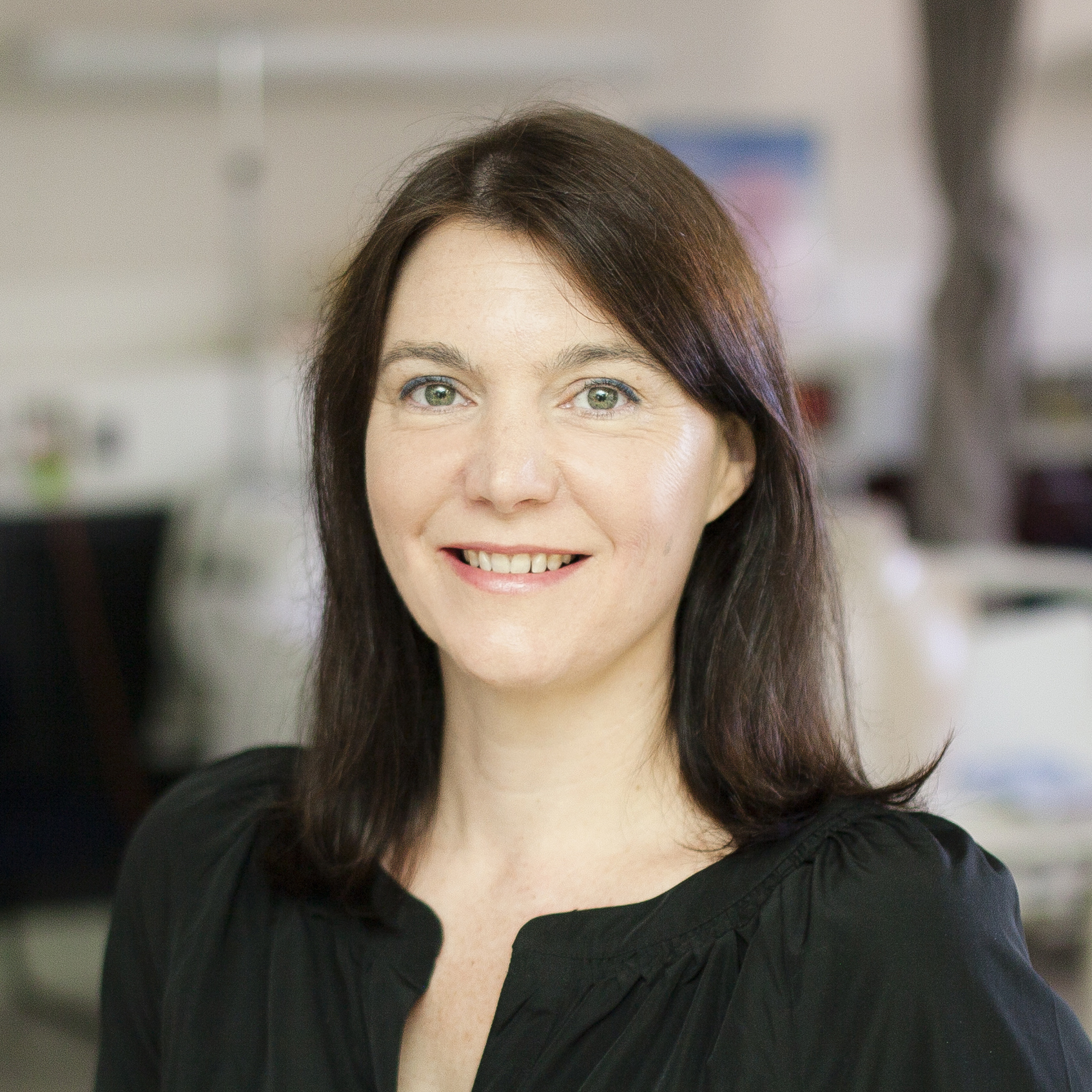
Professor Karin Verspoor
Centre Deputy DirectorARC Training Centre in Cognitive Computing for Medical Technologies, RMIT University
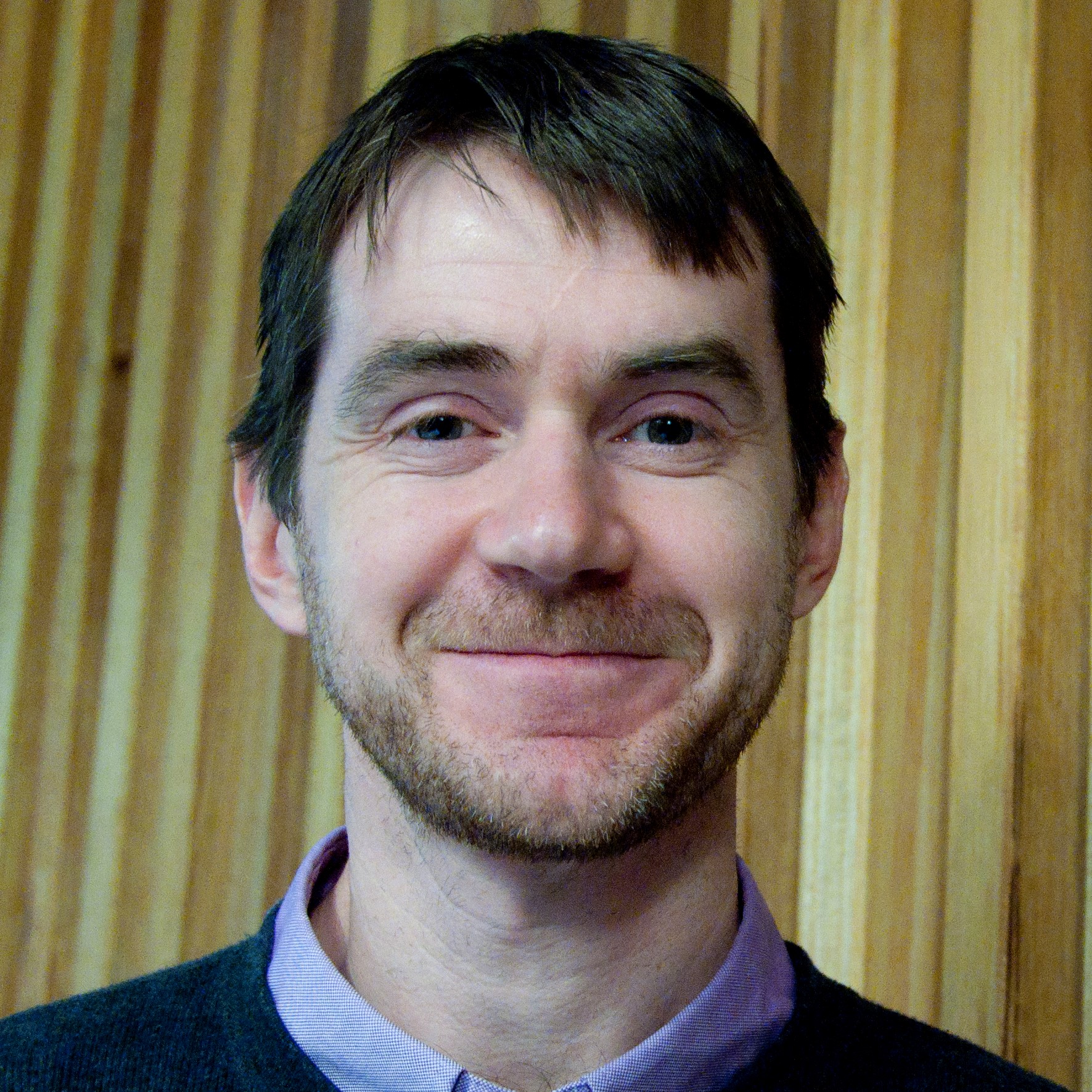
Professor Timothy Baldwin
Melbourne Laureate ProfessorThe University of Melbourne
Tim Baldwin is a Melbourne Laureate Professor in the School of Computing and Information Systems, The University of Melbourne. He is former Director of the ARC Training Centre in Cognitive Computing for Medical Technologies, in partnership with IBM Research. He has previously held visiting positions at Cambridge University, University of Washington, University of Tokyo, Saarland University, NTT Communication Science Laboratories, and National Institute of Informatics. His primary research focus is on natural language processing (NLP), including social media analytics, deep learning, computational lexical semantics, and topic modelling.
Tim completed a BSc(CS/Maths) and BA(Linguistics/Japanese) at The University of Melbourne in 1995, and an MEng(CS) and PhD(CS) at the Tokyo Institute of Technology in 1998 and 2001, respectively. Prior to joining The University of Melbourne in 2004, he was a Senior Research Engineer at the Center for the Study of Language and Information, Stanford University (2001-2004). He is the author of over 350 peer-reviewed publications across diverse topics in natural language processing and AI.
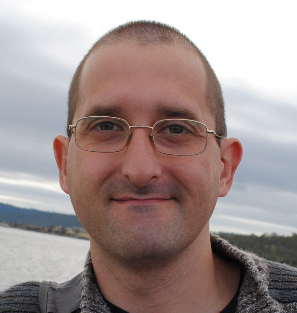
Dr Antonio Jimeno Yepes
Research FellowThe University of Melbourne
Antonio Jimeno Yepes is a Research Fellow at The University of Melbourne. He was formerly a senior researcher and team leader in text analytics in the Healthcare and Life Sciences Group at IBM Research in Melbourne, where he lead research in natural language processing that has been transferred to IBM Watson Health products and research in the use of social media for public health surveillance. He also had the opportunity to lead research to train neuromorphic computing systems using deep learning in image analytics and signal processing tasks. Among his research interests are the use of natural language processing and other media in health solutions and the combination of connectionist machines and logical abstractions. He previously worked as researcher in institutions such as the European Organization for Nuclear Research (CERN), the European Bioinformatics Institute , the U.S. NIH / National Library of Medicine, National ICT Australia and the University of Melbourne.
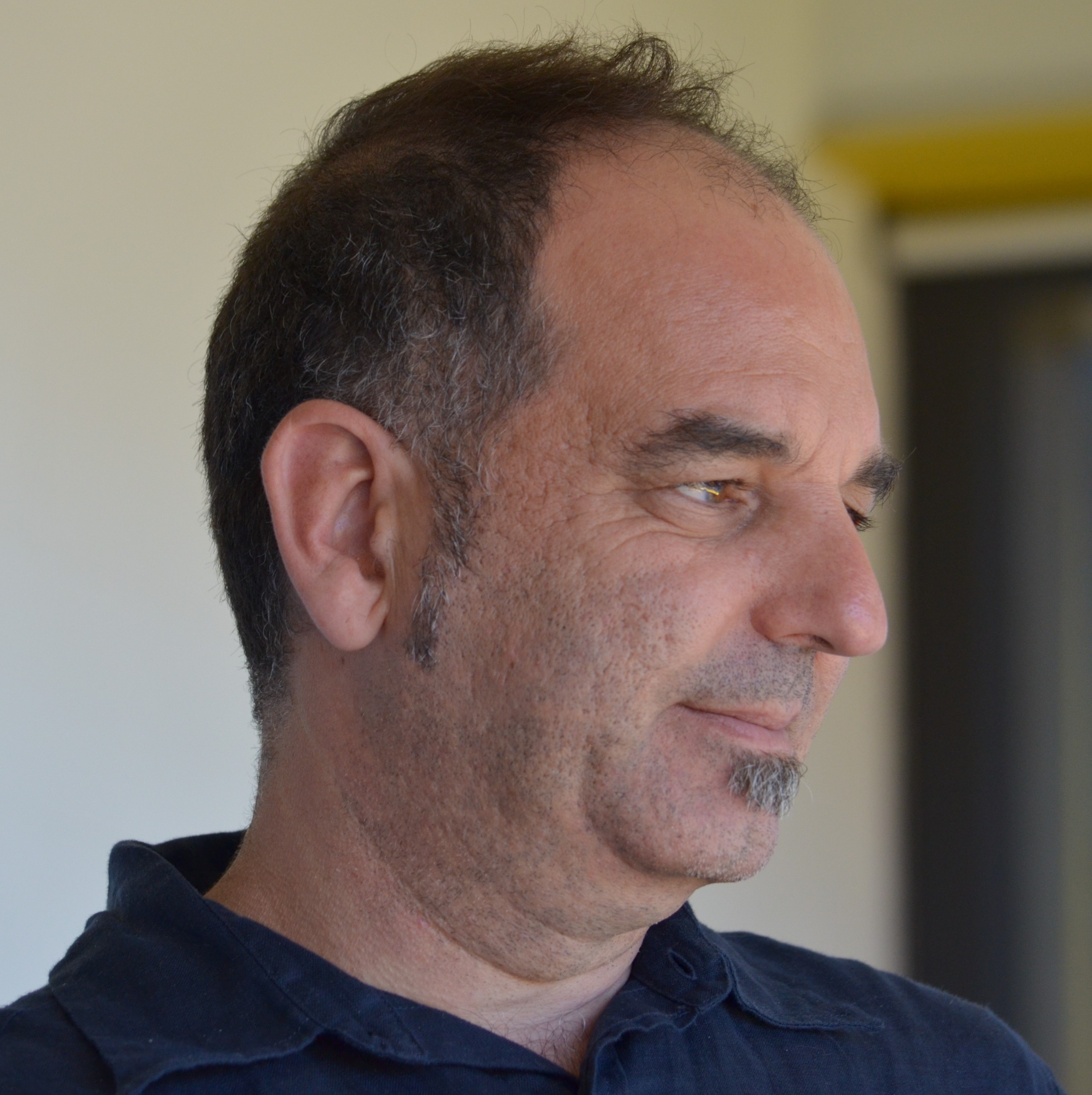
Professor Lawrence Cavedon
Associate Dean for Computer Science and ITRMIT University
Professor Lawrence Cavedon is Associate Dean for Computer Science and IT in the School of Science at RMIT University. His research focuses strongly on industry collaboration and impact. From July 2005 until March 2014 Lawrence was also a Senior Researcher at the NICTA Victoria Research Lab, where he led the BioTALA (Biomedical Text and Language Applications) project, which developed text analytics techniques for biomedical applications, mainly in collaboration with hospital partners, including Alfred Health, Melbourne Health, the Peter Macallum Cancer Research Centre, and Barwon Health.
Prior to joining NICTA, Lawrence spent 3 years as a Senior Researcher at Stanford University, in the Center for the Study of Language and Information. During that time he worked on developing practical speech-based dialogue systems, and collaborated with organizations such as Boeing, NASA, Bosch, and VW America, resulting in US and international patents and commercially-licensed software patents. Prior to that, he worked in the Advanced Technology Group at VerticalNet Inc., a silicon valley company that developed new technologies for the large-enterprise space.
Lawrence holds a PhD (1995) from the University of Edinburgh, and B.Sc. (Hons) (1986) and M.Sc. (1989) degrees from the University of Melbourne.
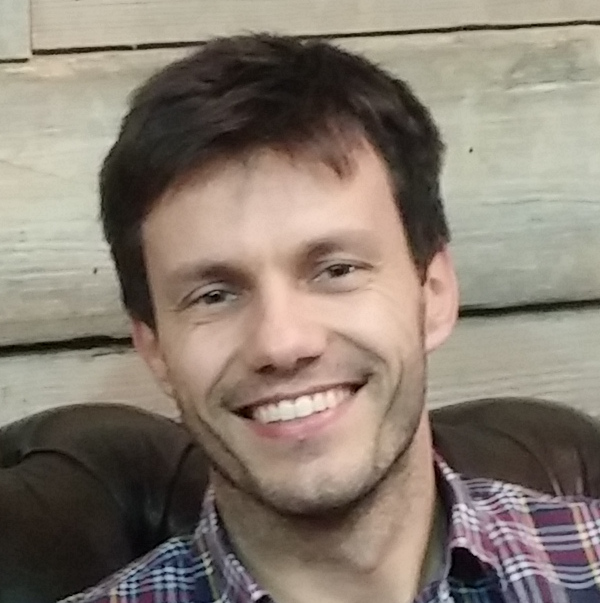
Dr Simon Suster
Research FellowThe University of Melbourne
Simon Suster is a research fellow in the School of Computing and Information Systems. His broad research interests include natural language understanding and deep learning. He is currently most enthusiastic about developing and analyzing neural-based machine reading models, especially when applied to specialized domains like medicine and healthcare. He has worked in various areas of NLP, most prominently in information extraction, representation learning for words with linguistic biases, and ethics. Prior to joining the Centre, Simon was a postdoc at the University of Antwerp and a PhD researcher at the University of Groningen.
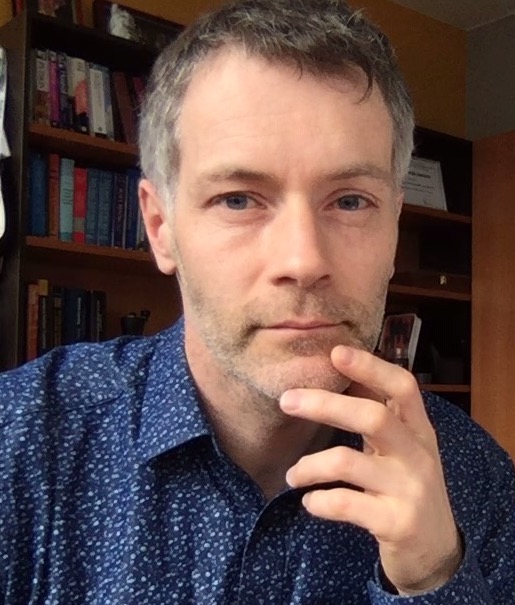
Professor Trevor Cohn
ProfessorThe University of Melbourne
Dr. Trevor Cohn is a Professor at the University of Melbourne, in the School of Computing and Information Systems. His research interests focus on probabilistic and statistical machine learning for natural language processing, with applications in several areas including machine translation, parsing and grammar induction. Current projects include translating diverse and noisy text sources, deep learning of semantics in translation, rumour diffusion over social media, and algorithmic approaches for scaling to massive corpora. Dr. Cohn has more than 100 research publications, and his research has been recognised by several best paper awards, including best short paper at EMNLP in 2016. He will be jointly organising ACL 2018 in Melbourne. He received Bachelor degrees in Software Engineering and Commerce, and a PhD degree in Engineering from the University of Melbourne. He was previously based at the University of Sheffield, and before this worked as a Research Fellow at the University of Edinburgh.
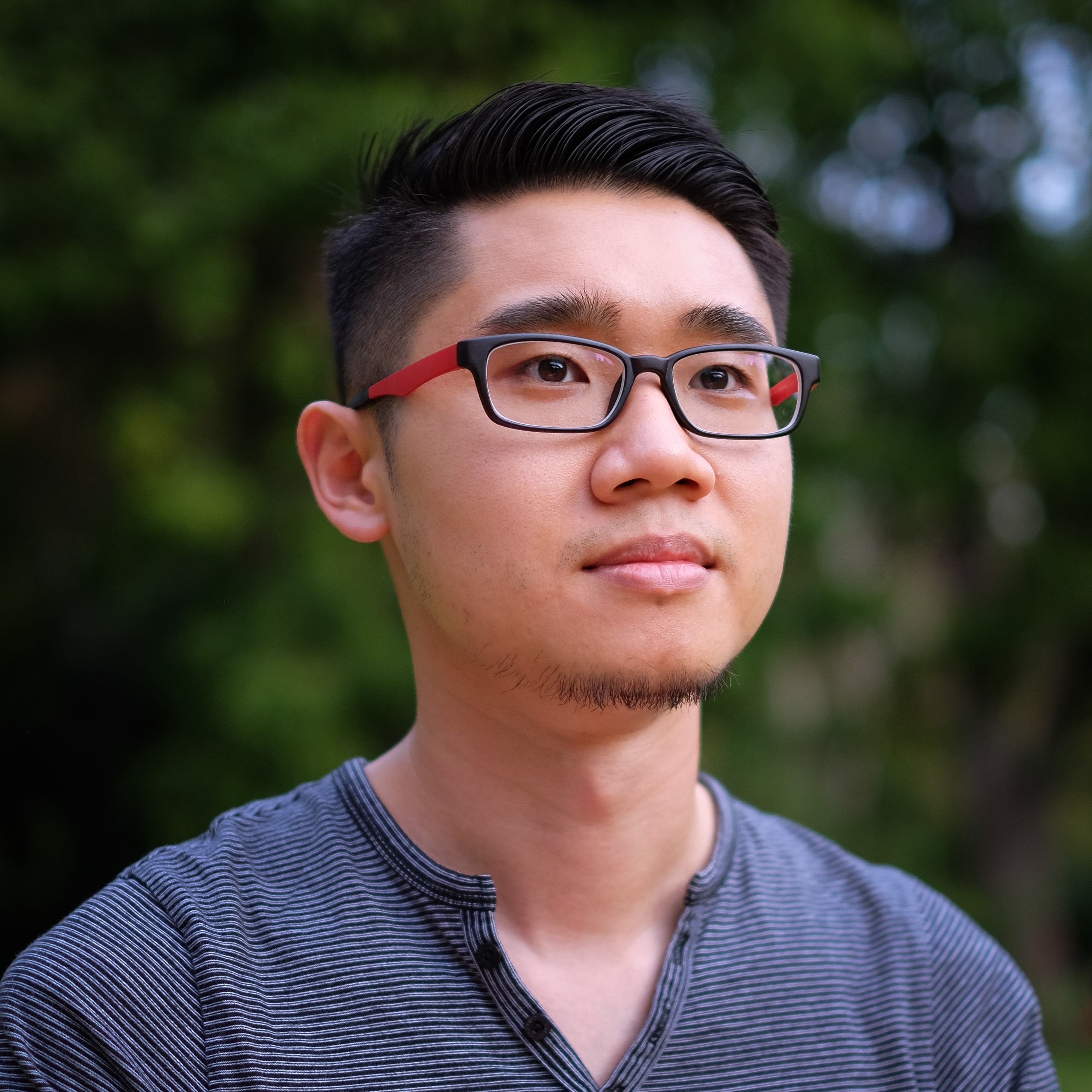
Dr Jey Han Lau
LecturerThe University of Melbourne
Jey Han's research is in the intersection of machine learning and language, and his vision is to explore machine learning models to better understand language. He has a particular interest in language generation — tasks that require machine learning models to produce language, e.g. summarisation and story generation — and unsupervised learning — learning where supervision signal is not available. Prior to joining the University of Melbourne, Jey Han spent over 3.5 years as an industry scientist at IBM Research, developing solutions for clients in application domains from education to government. Parallel to this, he was active in research and collaborated with universities around the world, and in recognition of his scientific achievements he was awarded a research accomplishment prize by IBM in 2019.
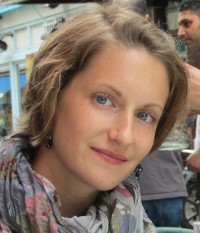
Dr Lea Frermann
LecturerThe University of Melbourne
Lea Frermann is a Lecturer in Natural Language Processing in the School of Computing and Information Systems at The University of Melbourne.
Her research focusses on the efficiency and robustness of learning and inference in the face of the complexity of the world, as approximated for example through large corpora of child-directed speech, or the plots of books and films. She has worked on conceptual knowledge acquisition in children; on inducing structured representations of complex stories for improved summarization and question answering; and is interested in how narrative structures (and linguistic representations more generally) reflect and impact biases in our society.
She received her M.Sc. from Saarland University in Germany in 2013, and her Ph.D. from the University of Edinburgh in 2017. She was a research associate at the University of Edinburgh, and an applied scientist at Amazon AI (Berlin) prior to joining Melbourne University in July 2019.

Dr Daniel Beck
LecturerThe University of Melbourne
My research focus lies in the intersection between the Natural Language Processing and Machine Learning fields. I am currently a Lecturer at the University of Melbourne, after two and a half years as a Research Fellow at the same university.
I did my Ph.D. at The University of Sheffield, where my research focus was on Bayesian Kernel Methods for NLP applications, especially models based on Gaussian Processes and kernels defined on structured objects.
In the past, I've done my M.Sc. studies in Syntax-based Statistical MT, wtih focus on the English-Portuguese language pair. During my undergraduate studies I worked with Lexical Acquistion, focused on Multiword Expressions. I also have some experience with Automatic Speech Recognition, especially on building language models.
I am a huge fan of Python and try to use it whenever possible. I have worked most with scientific toolkits like NLTK, Numpy, MatPlotLib and scikit-learn, and also the web scraping toolkit Scrapy.
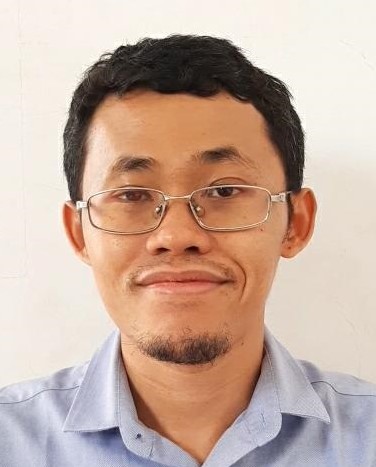
Rahmad Mahendra
Graduate ResearcherRMIT University
Rahmad is a graduate researcher in the School of Computing Technologies at RMIT University where he works on exploring NLP and IR methods for evidence-based medicine. He completed a BS in Computer Science from Universitas Indonesia. Then, he received double Master degrees from Rijksuniversiteit Groningen (the Netherlands) and Free University of Bozen Bolzano (Italy) through Erasmus Mundus Master program in Language and Communication Technologies. His previous research includes question answering, natural language inference, named-entity recognition, and word-sense disambiguation.
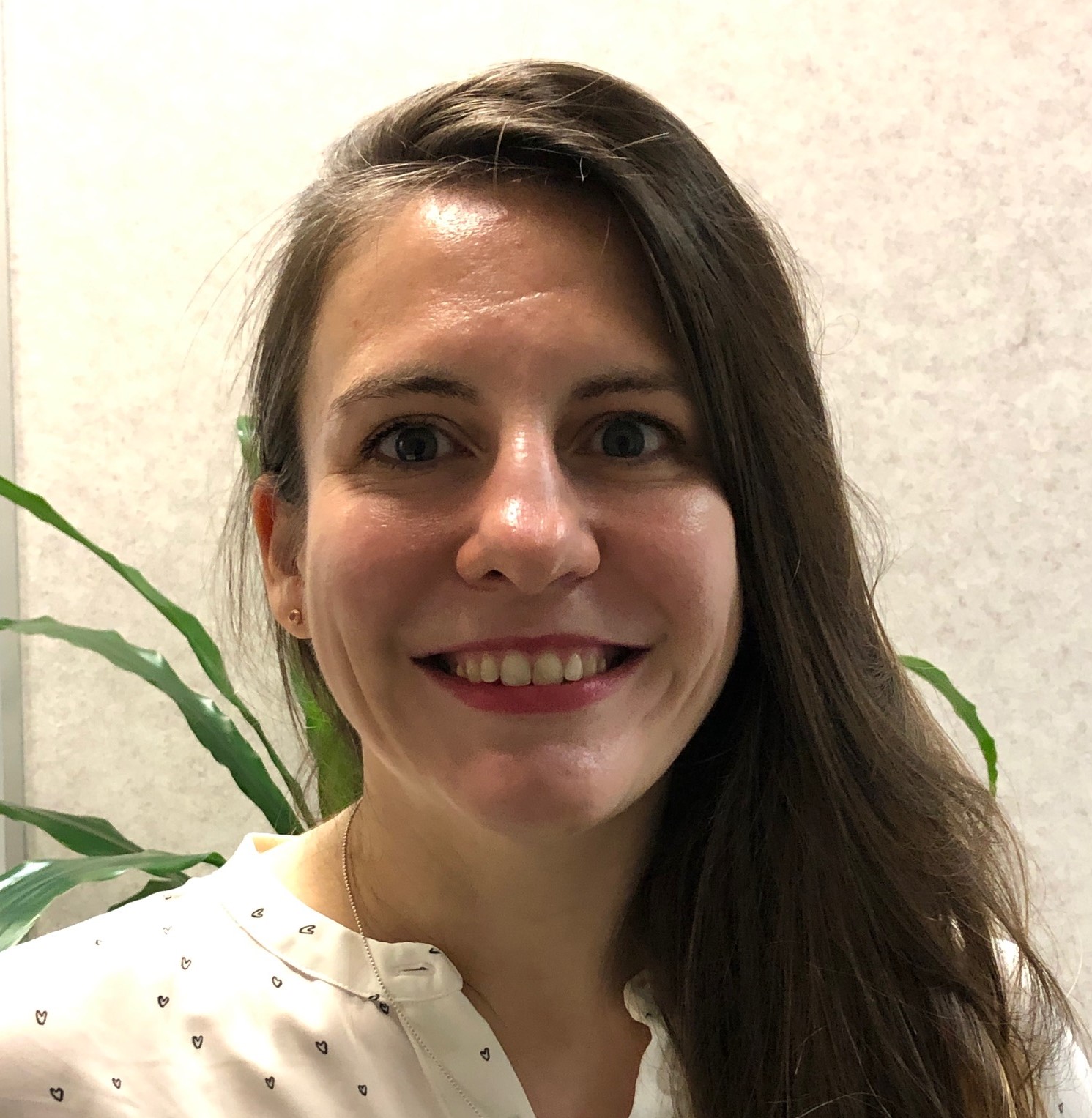
Yulia Otmakhova
Graduate ResearcherThe University of Melbourne
Yulia is a graduate researcher in the School of Computing and Information Systems working on automatic summarisation of clinical literature. She completed a MA in Computational Linguistics at Seoul National University (South Korea) and a BA in Linguistics at Tomsk State University (Russia). Her previous research focused on such areas of natural language processing as sentiment analysis, discourse and factuality.

Yiyuan (Gracie) Pu
Graduate ResearcherThe University of Melbourne
Gracie is a graduate researcher in the School of Computing and Information Systems. She works on building a Literature-based Discovery system for Alzheimer’s Disease. The research outcome will help develop effective treatments for Alzheimer’s Disease. She earned her Master's in Computational Linguistics (CL) at the University of British Columbia in 2020. After that, she spearheaded a research project that utilized her CL technical expertise to support an NGO called The Doorway. Her aim was to engage the general public and donors, and challenge society's misconceptions of homelessness, addiction, and mental health. The passion for text data and the aspiration for an advanced society turn into a huge motivator for her study and career.
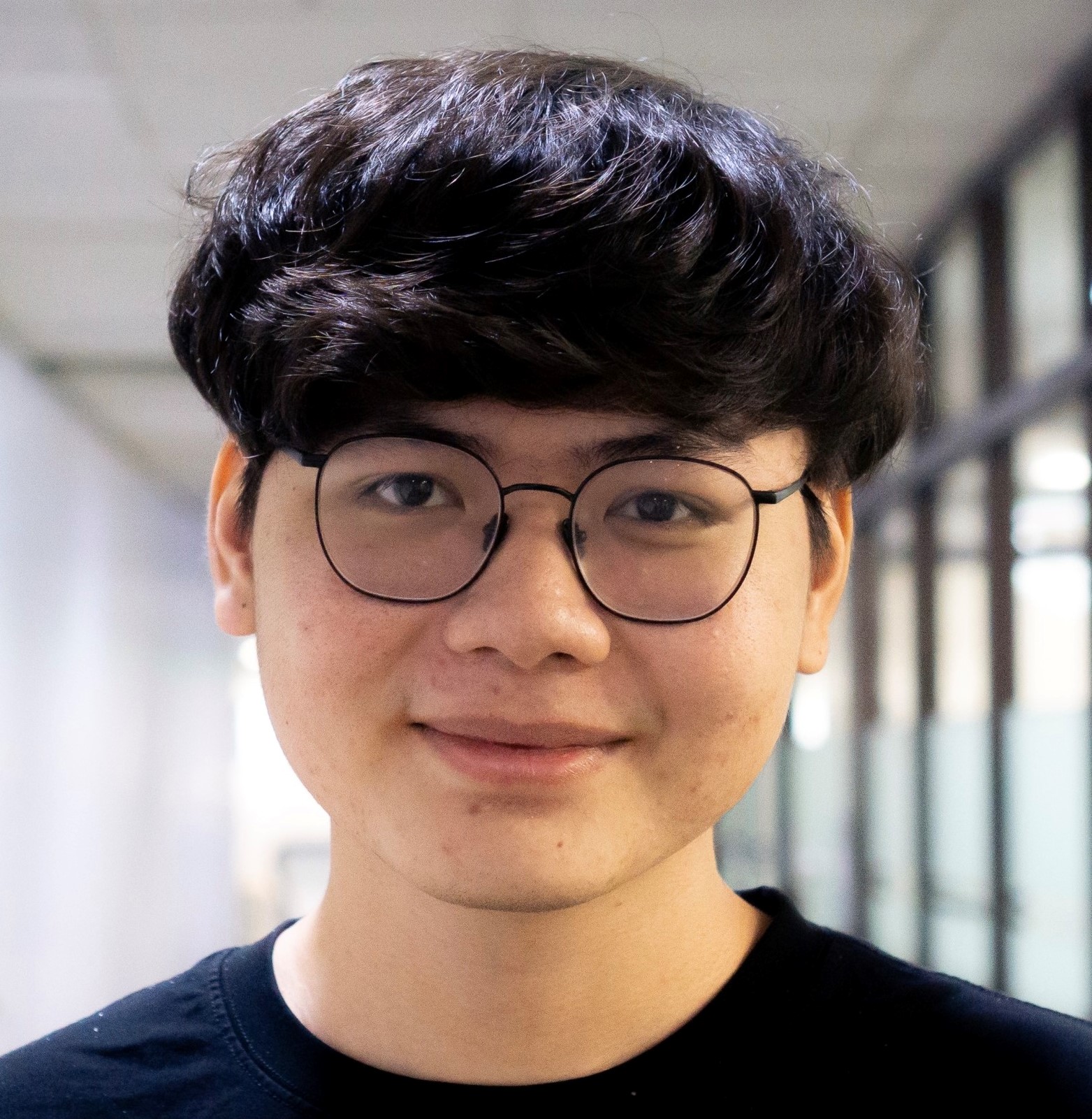
Hung-Thinh Truong
Graduate ResearcherThe University of Melbourne
Thinh is a graduate researcher in the School of Computing and Information Systems working on automatic extraction of evidence from clinical trials literature. Prior to this, he completed a BS in Computer Science at Ho Chi Minh City University of Science (Vietnam). Previously, his research focused on information extraction, especially in lower-resource settings.